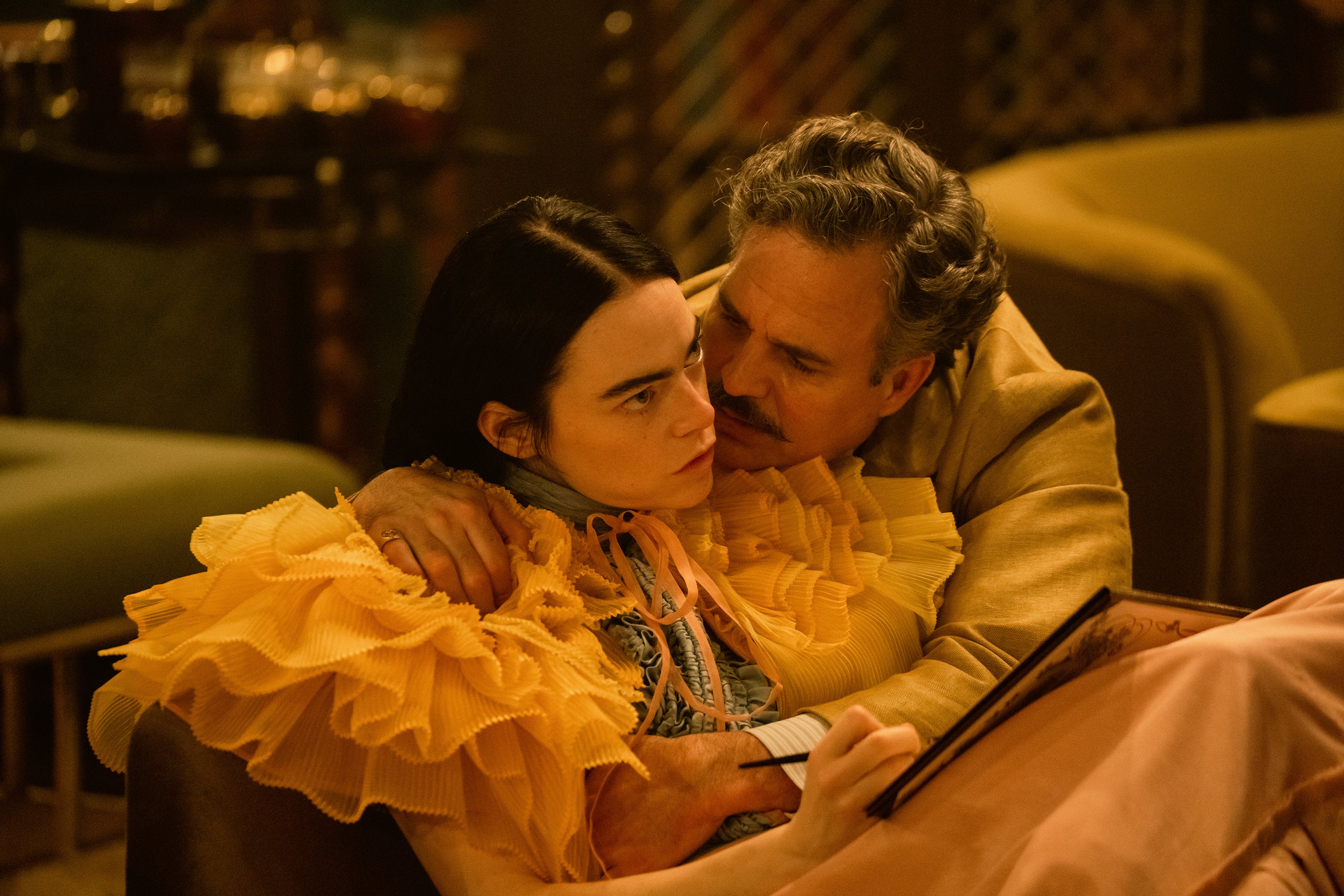The Independent's journalism is supported by our readers. When you purchase through links on our site, we may earn commission.
The ‘boysober’ movement should prompt men in their twenties to take a long, hard look in the mirror
There’s a reason a certain cohort of young women are opting out of dating and sex in 2024. Guys should swerve the urge to ally themselves with the inevitable incel-esque backlash, advises Oliver Keens – and consider whether they’re part of the problem


It’s perfectly acceptable among drinkers to take a break from the booze and go sober for a while. So why do other forms of sobriety arouse so much suspicion and confusion from the wider public?
American comedian Hope Woodard is spearheading a trend for what she terms going “boysober”. The movement is about keeping your twenties untainted by toxic dating habits and roundabout relationships. In her words, it’s about removing the “fake sense of validation that we get from dating and situationships and sleeping around, and refocusing that energy”. Just as people might want to stabilise after a period of riding the highs and lows of drunkenness and hangovers, so someone going “boysober” might want to purge themselves of the bad aspects of dating: being at the mercy of someone’s mood swings or experiencing the stomach-flipping roller-coaster of receiving puppy-like attention one minute and ghostly indifference the next.
In deciding to go a year without relationships and sex, Woodard has kickstarted a debate about the ecosystem in which many of us date and the relative healthiness of it all. Even though Woodard has talked about it being a genderless phenomenon (a bit like Big D**k Energy), there’s a palpable sense that much of her fanbase – both online and at her live shows, themed around her experimental year – are women who date men.
The idea of going “boysober” has emerged at a time when there’s an awkward fascination with the fact that Gen Z twentysomethings are seen to be drinking less, going clubbing less and having sex less. Even a UCLA survey reporting that this cohort wanted a lot less sex in films and TV made headlines. In the midst of this, the concept of going “boysober” has become entwined with notions of celibacy – something more often associated with religious prohibition. But I think that’s a misguided view. People going “boysober” don’t have a desire to be celibate. The real message here is surely that a significant number of people resonate with the idea that dating young men specifically can be as bad for you as alcoholism.
Well-rounded men in their twenties are rare, but they do exist. I was, sadly, not one of them. Confusingly relaxed-yet-desperate, I suffered from a lack of confidence and simultaneously harboured a raging ego that would prevent me from committing to a relationship in a meaningful way. I wanted things but didn’t do the work to make them happen, nor communicate them in a clear and honest way. It doesn’t give me much comfort that, two decades on, the experience of dating a wet twenties flannel such as my former self is not unique.
My life is littered with people who dated – or currently date – men who were emotionally unintelligent or unavailable, dangerously low in natural empathy, too proud or insecure to ever laugh at themselves, or unable to convey sexual desire that isn’t just an emulation of porn. If I could scream one thing in the general direction of twentysomething men right now, it would be to reflect on the fact that women believe they need to give you up en masse in order to lead stable, happy lives. Resist the urge to ally yourselves with the inevitable incel-esque backlash from the manosphere, and take a long, hard look in the mirror.

It’s not a revelation that young men can be a bit crap. But perhaps what’s so radical about the idea of going “boysober” is the notion that you don’t have to spend your twenties filling a gigantic landfill crater with heaps of terrible exes, horrid one-night stands and commitment-phobic situationships in order to level up, find your footing and finally find yourself in the process. Perhaps, as Woodard’s challenge posits, we can attempt to find ourselves first, and then apply that to excellent sex and dating? It challenges established Western orthodoxy that says you have to kiss – or casually sleep with – a few frogs before you settle down with The One.
Perhaps what’s so radical about the idea of going boysober is the notion that you don’t have to spend your twenties filling a gigantic landfill crater with heaps of terrible exes
Take Poor Things, where Emma Stone’s Bella Baxter character ultimately knows she wants to end up with Ramy Youssef’s nice Max McCandles character, but also knows she wants to destructively hump horrid cad Duncan Wedderburn, played by a hilariously arrogant Mark Ruffalo, first. Or look to one of last year’s biggest hits – the BRITS-nominated Escapism by Raye – where the protagonist handles a breakup with “Drunk calls, drunk texts, drunk tears, drunk sex”.
But what if we’re actually changing? Flattering myself for one moment, maybe the heartfelt testimonies of the many forty-somethings like me are finally getting through to the younger generation. There is an army of people alive today who had terrible relationships in their twenties, better ones in their thirties and unbelievably good ones in their forties. Knowing that there is life – so much life, so much of it good – beyond the pressure cauldron of your early adulthood is something I desperately wish I’d known sooner.
If men feel slighted by women giving them up like steaks during Veganuary, they really ought not to. In Aristophanes’ ancient Greek comedy Lysistrata, the title character organises a “sex strike” in order to end the Peloponnesian War and thus stop all the men folk pointlessly killing themselves. During the Temperance movement towards Prohibition in the 1920s, multitudes of women’s groups campaigned to limit the sale of alcohol because their husbands, brothers and sons were drinking themselves to death. It would be wise for men to take note: women might sometimes seek to take stuff away from you, but it’s usually with the best intentions.
Join our commenting forum
Join thought-provoking conversations, follow other Independent readers and see their replies
Comments
Bookmark popover
Removed from bookmarks